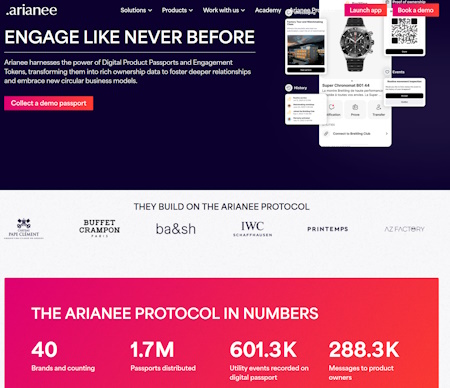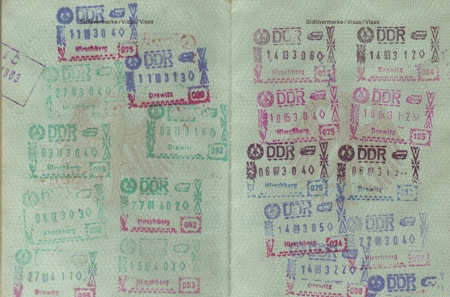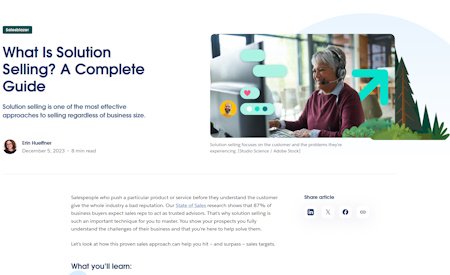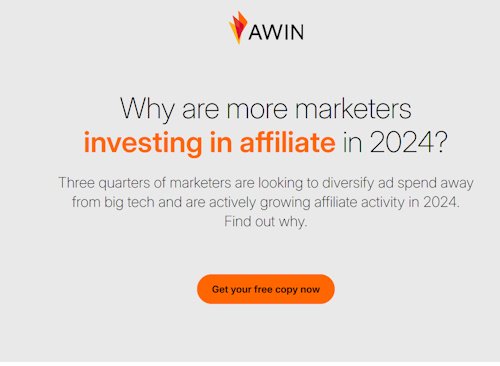Digital Passports? How They Can Increase Trust And Profitability.

Now this gets pretty deep, so stay with us. Digital Passports (or digital product passports DPPs) uses similar technology like Bitcoin. The product it interlinked with the customer. The idea is to create a digital identity for a product, which can include details such as its origin, manufacturing process, materials used, environmental impact, and more.
Arianee at the present time is one of the leaders in this technology. Initially within the fashion industry, as Arianee state: "Arianee launched in 2018 to enable direct and continuous relationships between brands and their end consumers, placing the ownership of data in the hands of consumers with a focus on openness and decentralisation. Arianee creates DPPs as non-fungible tokens (NFTs) backed by blockchain technology, which can be displayed on smartphones or web browsers, creating a digital link between object and user."
The main onus for this is the idea is that now someone is sold a digital product and then they are marketed to again again. Their digital information is sold online between companies and the customer is not really the centre of the business. Making money from the customer is regadless of privacy and sharing of personal information.
Digital Passports and business

Again from Arianee: "DPPs can more easily allow customers to authenticate products, transfer ownership and access services like resale and repair. As a result, digital passports can unlock new means of income for brands, allowing them to explore user data in a safe and effective manner. This can enable lower client acquisition costs and higher customer engagement."
So when someone buys a product, they own a little bit of code that is directly related to that product. But:
- European Commission Law has dictated that digital passports be attached to fashion items and other consumer goods from 2026
- The resale market is expected to increase- 11x by ThreadsUp as consumers will be able to resell their brands
- Transparency and Trust: By providing a detailed and verifiable digital record of a product's journey, companies can enhance transparency. This transparency builds trust with consumers who increasingly value knowing the origins and lifecycle of the products they purchase.
- Supply Chain Visibility: Digital product passports offer improved visibility into the entire supply chain. Companies can track the movement of raw materials, manufacturing processes, and distribution, helping to identify inefficiencies, reduce delays, and enhance overall supply chain management.
- Quality Assurance: Companies can use digital product passports to document quality control measures throughout the manufacturing process. This can be particularly valuable for industries where product quality is critical, such as healthcare, aerospace, or food.
- Compliance and Regulation: Digital product passports can help companies comply with various regulations and standards related to product information, safety, and environmental impact. This can be especially important in industries subject to strict regulatory requirements.
- Brand Differentiation: A company that can demonstrate a commitment to sustainability, ethical sourcing, and transparency through digital product passports may gain a competitive advantage. This can be a valuable point of differentiation in the marketplace.
- Risk Mitigation: The detailed information stored in digital product passports can be useful for identifying and mitigating risks in the supply chain. This includes risks related to environmental impact, ethical concerns, and potential disruptions.
- Consumer Engagement: Companies can use digital product passports as a tool for engaging with consumers. Providing access to the product's journey and origin can contribute to a positive brand image and foster a sense of connection with environmentally and socially responsible practices.
- Circular Economy Initiatives: For companies aiming to implement circular economy principles (such as recycling and reusing materials), digital product passports can help trace the lifecycle of products and facilitate the return and recycling processes.
Digital Passports and adoption?

This is probably going to be the main issue. However in 2022 Google did a survery on privacy and this is what they found:
- About 30 percent of respondents said they are willing to share their email addresses with a given company for no incentive, while 90 percent were willing to share that data when presented with the right value exchange, like discounts and free samples or access to newsletters or communities
So people are willing to share their data, but data privacy is/ has always been an issue. This is why cookies are disappearing. The main key is to protect data within the Digital Passport. But the good thing about Digital Passports is that they often involve explicit user consent. Consumers have the option to opt in or opt out of having a digital passport associated with their products. This puts more control in the hands of individuals regarding the use of their data.
Adoption is going to take time, but with legal systems getting on their side, Digital Passports are coming. But what needs to be done? According to Arianee: "In order to implement DPPs? First of all, you need connected components on every single object that can be scannable — QR codes [or near-field communication] NFC chips. To add QR codes and NFC chips at every stage in the supply chain is not easy — it takes time. This QR code will have to be linked to a persistent interface showing data about the product that can last forever — or at least as long as the product lasts.”
All this is new, but it seems like data is starting to controlled more by customers rather than companies- where customers can opt in if they want.
Check out more online sales articles at the Jasonera blog.
About. Updates. Disclaimer. Privacy. Mission/ Vision. FAQ. Newsletter.
Copyright © 2024- Jasonera.com All rights reserved





